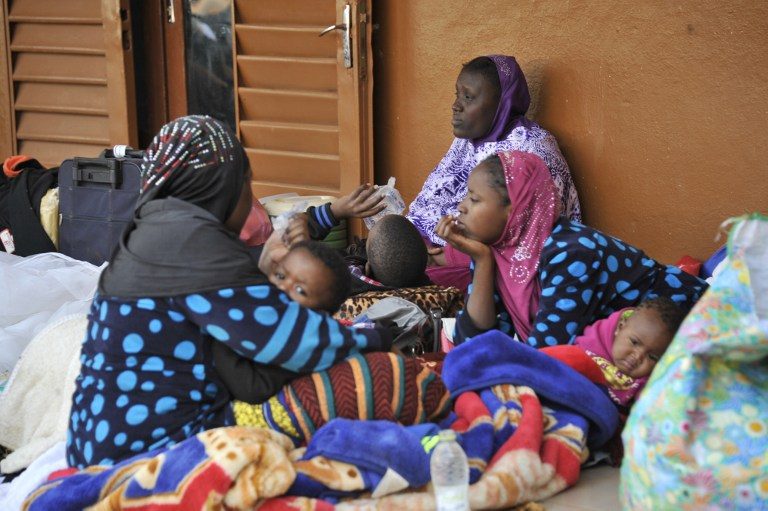SUMMARY
This is AI generated summarization, which may have errors. For context, always refer to the full article.

UNITED NATIONS – Millions of women and girls swept up in conflict worldwide are in need of sexual and reproductive health services as a basic human right, the United Nations Population Fund (UNFPA) said Thursday, December 3.
The agency appealed for stepping up assistance to women in war zones or disaster areas in its annual State of the World Population report.
“The health and rights of women and adolescents should not be treated like an afterthought in humanitarian responses,” said UNFPA executive director Babatunde Osotimehin.
“For the pregnant woman who is about to deliver, or the adolescent girl who survived sexual violence, life-saving services are as vital as water, food, and shelter,” he said.
Of the 100 million people in need of humanitarian aid in the world today, about 26 million are women and teenage girls in their childbearing years.
“Having the means to prevent a pregnancy and being safe from sexual violence – these are basic human rights,” said Osotimehin.
Whether women and girls live or die in a crisis often depends on access to basic health services like midwives or HIV prevention, said the report entitled “Shelter from the Storm.”
Three out of 5 maternal deaths in the world occur in countries in crisis.
Every day, 507 women die from complications of pregnancy and childbirth in fragile states.
UNFPA argued that building up health care for women is critical to helping countries recover from wars and natural disasters.
The call for a sharper focus on women’s health came as UN agencies are struggling with the world’s worst refugee crisis since World War II, with 60 million people driven from their homes.
Humanitarian appeals have failed to generate the funding needed to cover the cost of the massive UN aid effort.
“We need to do a much better job of helping the most vulnerable, especially adolescent girls,” said Osotimehin.
UNFPA noted that 123,000 women were pregnant during the Ebola crisis in Sierra Leone and 126,000 were expecting when the devastating earthquake struck in Nepal in April. – Rappler.com
Add a comment
How does this make you feel?





There are no comments yet. Add your comment to start the conversation.